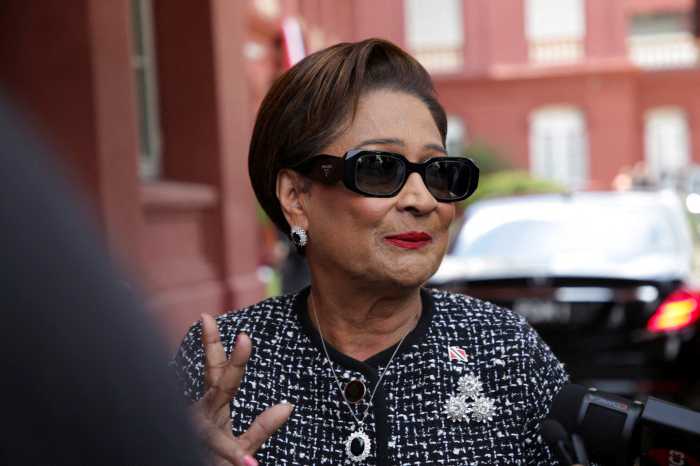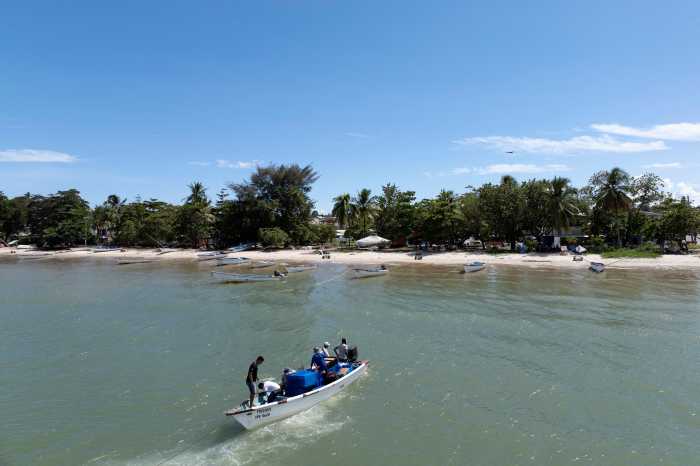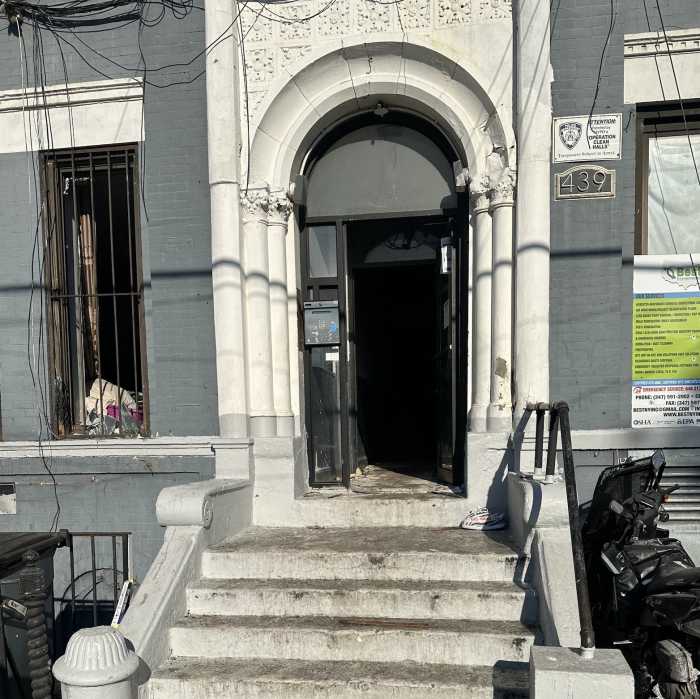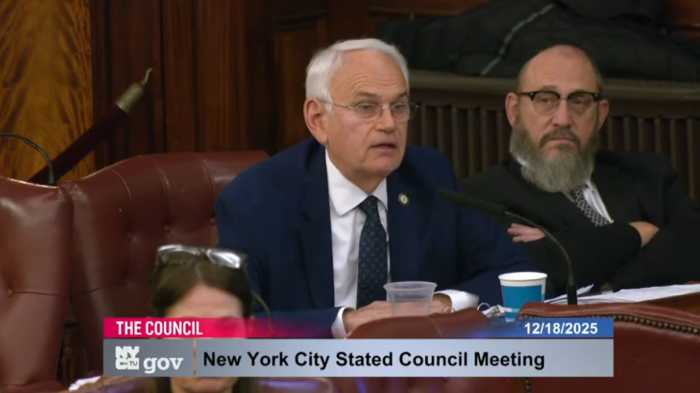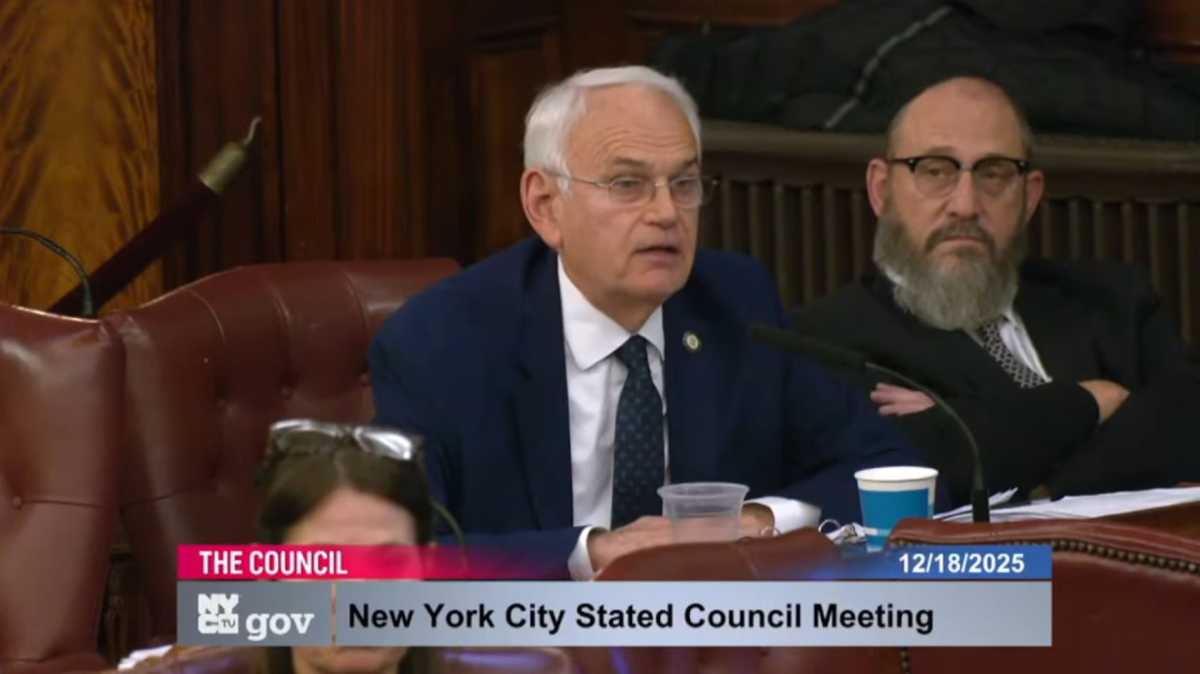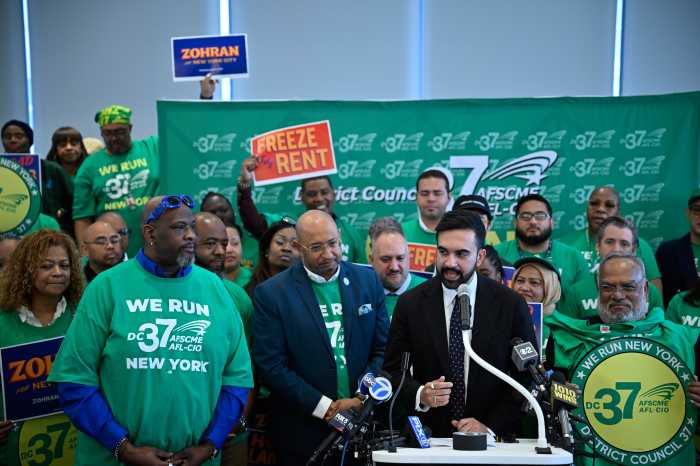PORT OF SPAIN, Trinidad, Mar 14 2013 (IPS) – Ruth Dreifuss, the former Swiss president and chancellor of the University for Peace, may never have heard of Dennis Ramjattan, and vice versa, although they occupy opposite sides of a longstanding debate in this twin-island state.
“My mother didn’t deserve to die like this,” he told IPS shortly after 70-year-old Carmen Ramjattan was bludgeoned to death on Feb. 20. “My mother never got into any trouble with the law, never even a parking violation. I would like them (the government) to stop talking and put their money where their mouths are.”
brutal killing was just one of many in Trinidad and Tobago, where drugs and gang-related violence prompted the government to declare a state of emergency in August 2011, and the national security minister ordered the police to stop releasing murder statistics last fall.
While capital punishment remains popular, no one has been executed here since 1999.
But opinions could be slowly changing, at least as far as mandatory application of the death penalty is concerned.
At a debate on abolition at the University of the West Indies (UWI) organised by the British High Commission this week, Dreifuss noted that that “for 100 years slavery was accepted, for 100 years forced labour was accepted, for 100 years torture was accepted.
“If a country is part of an international treaty which does not accept the mandatory death penalty, then it’s something the government of that country should look at,” she added.
The coalition People’s Partnership government of Prime Minister Kamla Persad Bissessar needs the support of the opposition to revamp existing legislation so it can try to bypass the London-based Privy Council, the country’s highest court, on hangings.
“The Privy Council has been viewed by some critics as a court that actively frustrates the execution of the death penalty, which, at least nominally, remains on the books of most Caribbean territories, despite very few hangings in recent decades,” said David Rowe, an adjunct professor of law at the University of Miami School of Law and a member of the Jamaica Bar Association.
“In a sharp contrast to Europe, capital punishment often finds wide support from Caribbean voters due in part to high murder rates in the region,” he said.
Writing in the Miami-based Caribbean Journal on Tuesday, Rowe argued that some commentators regard the Trinidad-based Caribbean Court of Justice (CCJ), established in 2001 to replace the Privy Council, “as an institutional strategy to re-introduce hanging”.
In 2011, the Trinidad and Tobago government tabled the constitutional amendment (capital offences) bill which would have provided for different categories of murder.
“It was intended to reserve the death penalty for the most heinous of murders, which is similar to what obtains in the United States where you have murder in varying degrees. So for example, crimes of passion and so on and where you have extenuating circumstances could be dealt with in a different way,” said Attorney General Anand Ramlogan this week.
A 2011 study found that 89 percent of the population in Trinidad and Tobago supports the death penalty, although a majority also believes that judges should have discretion in sentencing. Twenty-six percent favour the current law, which makes the death penalty mandatory for all murders, whatever the circumstances.
Interestingly, 36 percent of those who supported the mandatory death penalty and 54 percent of those in favour of a discretionary system also said that more executions were the least likely policy to reduce violent crime.
UWI Law Faculty lecturer and a member of the Rights Advocacy Project, Professor Arif Bulkan, said that three-quarters of those interviewed did not support the mandatory death penalty after it was explained to them.
The researchers concluded that the findings of the survey, taken in conjunction with two previous studies, strongly supported the abolition of the mandatory death penalty and its replacement by a discretionary system.
The European Union is lobbying countries impose a moratorium as a first step towards abolition. British High Commission political officer here Matt Nottingham acknowledged the EU is on a worldwide campaign to abolish the death penalty, with a strong focus on the Caribbean. Nottingham told the conference the EU’s drive is tied in with its human rights objective.
Law student Antonio Emmanuel strongly opposes the death penalty. “I believe if we have proper sentencing, proper prison systems, proper reform systems in place we can take a better handle on crime,” he told IPS.



